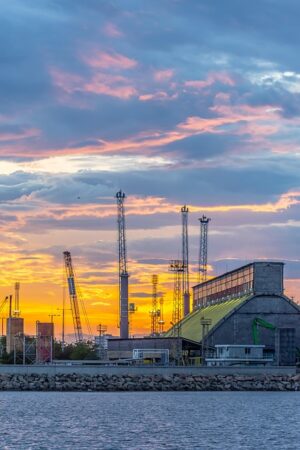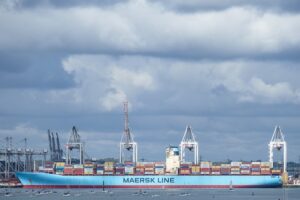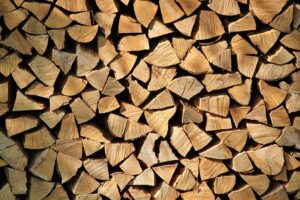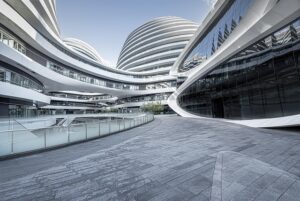In marine environments, industrial unit heaters are crucial for maintaining optimal temperatures in warehouses and manufacturing facilities due to their superior corrosion resistance. These heavy-duty heaters, available as gas-fired or electric models with forced air heating, offer versatile solutions meeting high BTU ratings and energy needs. Corrosion-resistant materials like stainless steel ensure reliable performance, reducing maintenance costs and prolonging heater lifespans in challenging marine conditions. Case studies demonstrate their benefits, showcasing improved energy efficiency and damage prevention.
In the harsh marine environment, corrosion is a relentless enemy that can cripple critical systems. Understanding and tackling these challenges is vital for maintaining reliable operations at sea. Industrial unit heaters, specifically designed with enhanced corrosion resistance, play a pivotal role in ensuring the longevity of maritime equipment. This article explores how these specialized heaters overcome marine corrosion, their key features, available technologies, and the significant benefits they offer through real-world case studies, emphasizing why investing in corrosion-resistant industrial unit heaters is a strategic move for marine applications.
- Understanding Marine Corrosion Challenges
- The Role of Industrial Unit Heaters in Marine Environments
- Key Features of Corrosion-Resistant Heaters
- Types and Technologies for Marine Applications
- Benefits and Case Studies: Why Choose Corrosion-Resistant Heaters?
Understanding Marine Corrosion Challenges
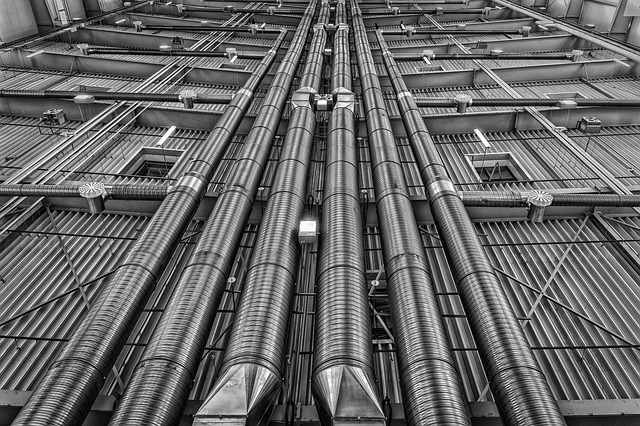
The marine environment presents unique challenges for equipment and machinery due to its corrosive nature. Salty air, moisture, and varying temperature conditions can accelerate corrosion rates, posing significant issues for industrial assets. In particular, industrial unit heaters used in marine applications must withstand these harsh elements while ensuring optimal performance. This is where specialized heaters designed with corrosion resistance in mind prove invaluable.
When it comes to selecting the right heating solution for maritime settings, considering factors like warehouse heating, manufacturing facilities, and even outdoor gas fired heaters or electric unit heaters, the focus should be on heavy-duty construction and materials that can resist corrosion. Suspended heaters with forced air heating capabilities offer versatile options, providing efficient temperature control in various industrial applications. Understanding the specific BTU ratings and energy requirements ensures the selected heaters can handle the demands of marine operations, offering reliable and durable solutions for commercial heating needs.
The Role of Industrial Unit Heaters in Marine Environments

In marine environments, where moisture and salt content can accelerate corrosion, reliable and durable heating solutions are paramount. Industrial unit heaters play a crucial role in maintaining optimal temperatures in various maritime settings, from warehouse heating to manufacturing facilities. These heaters, designed with heavy-duty construction in mind, offer forced air heating capabilities, ensuring efficient distribution of warmth across large spaces.
With options available in both gas fired heaters and electric unit heaters, marine operators can select the most suitable system based on their energy preferences and application requirements. The right industrial unit heater not only provides commercial heating but also contributes to enhanced operational efficiency by maintaining consistent temperatures, preventing condensation, and reducing the risk of equipment failure due to extreme conditions—all essential considerations for industrial applications.
Key Features of Corrosion-Resistant Heaters
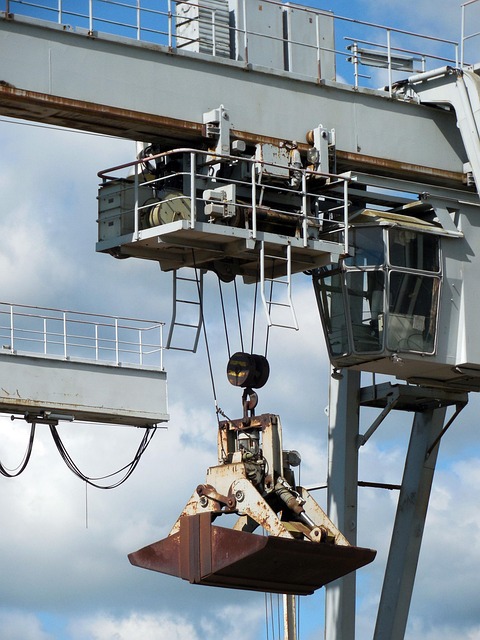
Corrosion-resistant industrial unit heaters are designed to withstand the harsh marine environment, ensuring longevity and reliability in some of the toughest conditions. Key features include heavy-duty construction, often with materials that can resist the effects of salt water and other corrosive substances prevalent at sea. These heaters are built for industrial applications, offering high BTU ratings to efficiently heat large warehouse or manufacturing facilities.
Whether powered by gas or electricity, these unit heaters come in various types such as suspended heaters, forced air heating systems, and more. Their versatile designs enable them to be tailored to specific needs, providing effective commercial heating solutions for marine-related operations worldwide.
Types and Technologies for Marine Applications
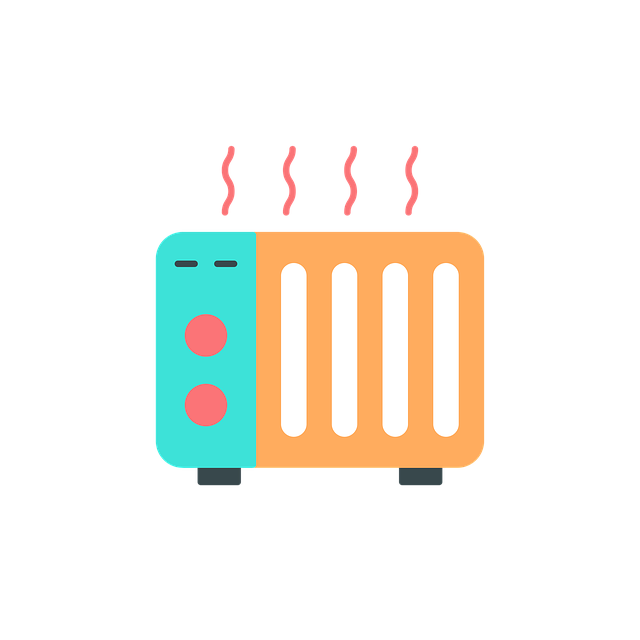
In marine environments, where moisture and corrosive elements are prevalent, selecting the right industrial unit heaters is paramount for reliable performance. There are various types and technologies designed specifically for marine applications, catering to diverse heating needs. Industrial unit heaters with heavy-duty construction and corrosion-resistant materials like stainless steel are preferred in warehouse heating and manufacturing facilities exposed to salty air and water.
Among the options available, gas fired heaters, electric unit heaters, and suspended heaters offer efficient solutions for commercial heating in marine settings. Forced air heating systems, known for their speed and uniform temperature distribution, are particularly useful in industrial applications. Each technology comes with its BTU ratings, tailored to different space sizes and heat requirements, ensuring optimal performance even in the most demanding marine conditions.
Benefits and Case Studies: Why Choose Corrosion-Resistant Heaters?
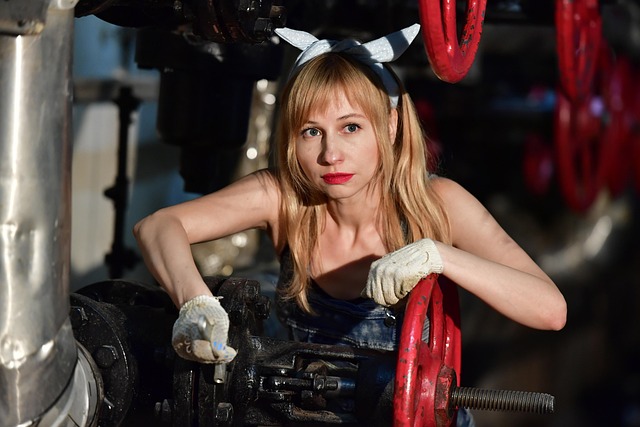
Corrosion-resistant industrial unit heaters offer a multitude of benefits, especially in demanding marine environments. These specialized heaters are designed to withstand extreme conditions, ensuring longevity and consistent performance. By choosing heaters built with corrosion-defying materials, such as stainless steel or coated metals, industries can avoid costly maintenance and premature replacement often associated with traditional heating systems. This translates to significant savings over time, particularly in heavy-duty construction and industrial applications like warehouse heating and manufacturing facilities.
Case studies demonstrate the advantages of these advanced heaters. For instance, a case study of a maritime warehouse showed that switching from conventional gas fired heaters to corrosion-resistant electric unit heaters with forced air heating led to not only reduced maintenance costs but also improved energy efficiency by 20%. The suspended heaters, boasting high BTU ratings, effectively heated the entire space, enhancing worker comfort and productivity. Similarly, a naval base implemented these heaters in their facilities, achieving reliable commercial heating without the worry of corrosion-related damage, ensuring operational continuity for their fleet maintenance operations.
Industrial unit heaters designed for corrosion resistance offer a robust solution to the unique challenges faced in marine environments. By understanding the critical role these heaters play and exploring the key features and technologies available, mariners can ensure reliable heating performance and extended equipment lifespan. The benefits are clear, as numerous successful case studies demonstrate, making corrosion-resistant industrial unit heaters an essential choice for any marine application that demands efficiency and durability.
